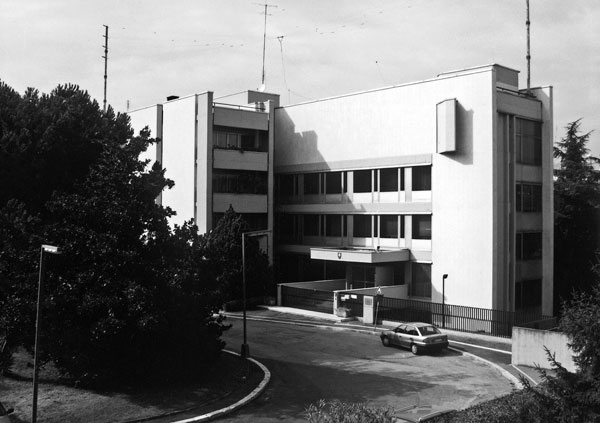


Although the Slovak Historical Institute of Rome arose only in 2014, Slovak historical research on Roman soil does not start from scratch. However, due to the long absence of its own state and the decades of communist rule, it could only be carried out by individual enthusiasts, without the support of its own national historical institution. At the dawn of historical research in the then newly opened Vatican Secret Archive is the famous Slovak historian of the Reformation Ján KvaÄala, first professor at the University of Vienna and then ordinary at the University of Jurjev, then in Russia (now Tartu, in Estonia) . After the birth of Czech-Slovakia, the Czechoslovak Historical Institute was established in Rome, among which scholars were two Slovaks: Alexander HúšÄava, the future nestor of Slovak archives, and Ľudovít Knappek, later professor of history and theory of law. Both characters of great depth, whose promising career was however interrupted by the coming to power of the communist regime, with which all hope of free historical research extinguished beyond the iron curtain.

In the decades that followed, research in the Roman archives could only be conducted by Slovak scientists in exile. One of the most assiduous and most productive among them was the Jesuit P. Michal Lacko SJ, then professor of the Pontifical Gregorian University, author of numerous historical publications and member of the Slovak Institute of Rome, an association of Slovak scientists abroad founded in Urbe in 1961 precisely to promote Slovak humanistic research. After the fall of the communist regime, Slovak historians did everything they could to establish their own Slovak historical institution in Rome. In 1991 the first Slovak Historical Institute of Rome was formally inaugurated, which in the following years sent several historians and archivists to Rome. The unclear legal structure and the lack of financial resources meant that in the mid-nineties the institute had to practically stop its activities and was subsequently abolished.
The turning point in the history of historical research institutes in Rome became Law 116 of 2013 on the foundation of the Slovak Historical Institute of Rome which entered into force in 2014, which created the Slovak Historical Institute of Rome as an independent state institution. . The main task of the institute is to allow Slovak scholars to carry out research on history, art history and archeology in archives, libraries and galleries in Rome and elsewhere in Italy, publish research results and promote a dialogue with the international scientific community. To this end, the institute has managed the scientific periodical of the former Slovak Institute of Rome, Slovak Studies and plans to create its own editorial series of monographs and collections of research work within the institute.
Slovak Historical Institute
Address: Via dei Colli della Farnesina, 144, 00135
Phone: 06 3671 5220
Site:
http://www.shur.sk/?fbclid=IwAR2zdnnH80FtKjWeV1aAyHukSMnMgPCmhjs5szEu9girnodVobLgEwa6RfwLocation inserted by
Culturalword Abco